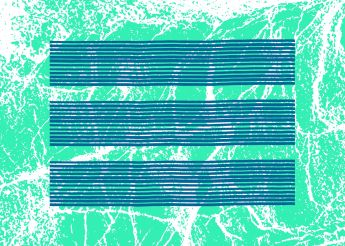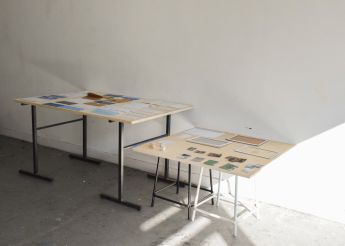I’ve seen people stripped of their belongings from their first day in prison. It’s a whole new world. You don’t know how it works. They say it’s “survival of the fittest”, so you surrender. If you don’t want to be in the same cell as
everyone else, there are rooms that can hold 10 to 15 people. In others, you can sometimes find 60 people crammed together. In April, it started to get hot. I counted at least four people who died because of it. They put you together, they cram you in. For those who can’t sleep outside in the yard, if you can’t handle it, you’re doomed to die.
When people get sick, it’s a major problem. The doctors don’t have equipment. They examine you and say “it’s such-and-such an illness”, but there’s no proper equipment. People die from minor things. There have been cases where people were told they had malaria, and then they were dead the next day.
There’s an abdication of responsibility from the State. When officials visit, they have to make it look like everything is fine. Even when partner organisations want to discuss the living conditions, people are selected and told what to say. Some realities will never be known.
The food they serve in prison is liquid mush. Some people only eat that, once a day, around 11:00 am. But it’s not edible. Our section made its own arrangements. The administration had given us the possibility to hire youth. We found young inmates from another section of the prison and would all chip in for the monthly payment. These youth would maintain the bathrooms and prepare the food. When I left, everyone was paying 60,000 CFA francs a month (around 90 euros). This was our arrangement for food. Otherwise, it’s impossible to have family bring food from Niamey to Kollo every day.




